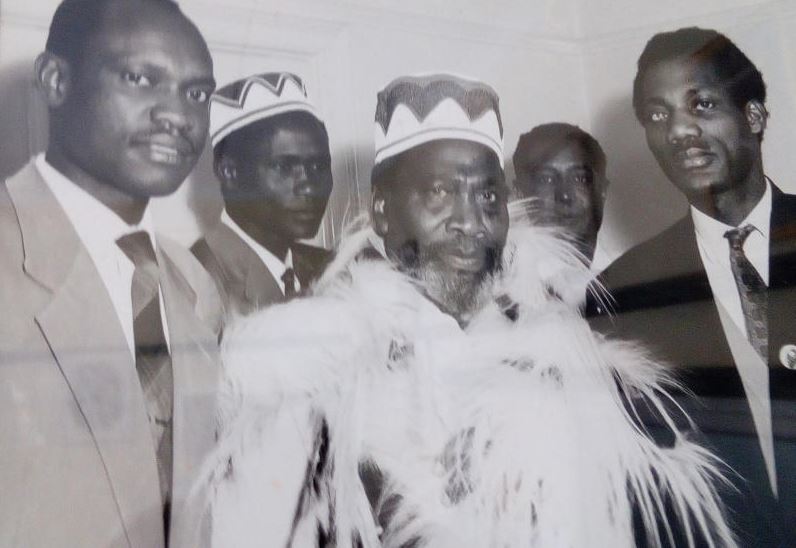
All former British colonies had a parliamentary system just before they secured independence. Some chose to continue being dependent on Mother Britain and so they ran a parliamentary system of government. These countries include Canada, Australia, New Zealand and Jamaica. There are others.
Other former colonies and protectorates ran away from the parliamentary system and chose a pure presidential system, thereby breaking the umbilical cord with Britain. They include Ghana, Nigeria, Uganda, Malawi, Zambia, and Kenya. Zimbabwe won independence in 1980 and ran a parliamentary system with Reverend Canan Banana as President and Robert Mugabe as Prime Minister. In 1987, Mugabe eased Canan Banana out and became President, adopting a presidential system of government.